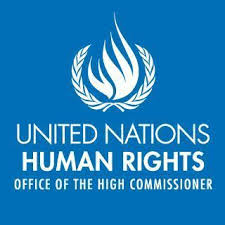 OHCHR – Native Americans facing excessive force in North Dakota pipeline protests – UN expert
OHCHR – Native Americans facing excessive force in North Dakota pipeline protests – UN expert
Native Americans facing excessive force in North Dakota pipeline protests – UN expert
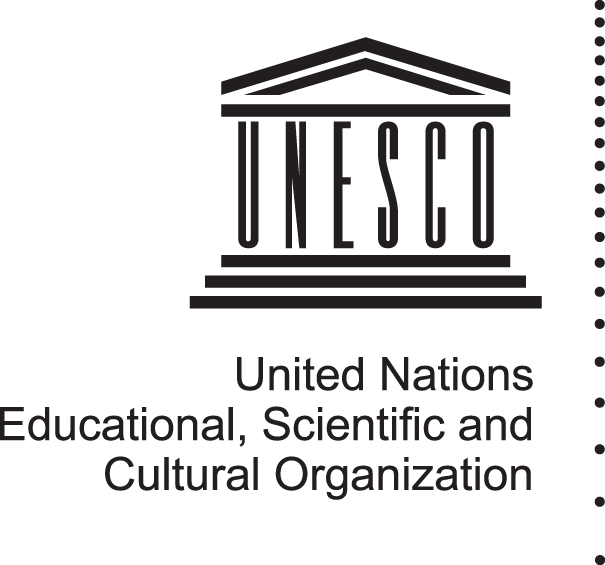 UNESCO policy on engaging with indigenous peoples
UNESCO policy on engaging with indigenous peoples
UNESCO is inviting interested organizations and individuals to provide comments to its current draft policy on ‘Engaging with Indigenous Peoples’, which has been under consultation for several years with the involvement of indigenous peoples, UNESCO staff and various experts. UNESCO’s intention is to present the draft policy at its 201st Executive Board session in April 2017. If you are interested in providing inputs, please request a copy of the draft policy writing to links(at)unesco.org by 30th of November 2016.
For more information on the process, click here.
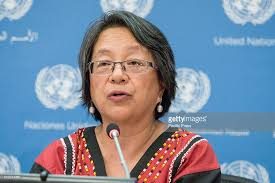 OHCHR – Statement of Ms. Victoria Tauli-Corpuz, Special Rapporteur on the Rights of Indigenous Peoples, at the 71st session of the General Assembly
OHCHR – Statement of Ms. Victoria Tauli-Corpuz, Special Rapporteur on the Rights of Indigenous Peoples, at the 71st session of the General Assembly
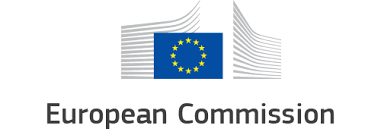 Brussels – European Commission – High Representative of the Union for Foreign Affairs and Security Policy
Brussels – European Commission – High Representative of the Union for Foreign Affairs and Security Policy
Joint Staff Working Document: Implementing the EU External Policy on Indigenous Peoples
In the last few decades, there has been considerable progress in the advancement and
recognition of indigenous peoples’ rights both at international level and at national level in
many regions. The development of the institutional and policy frameworks at the United
Nations (UN) level has been an important driver for this. In particular, the adoption of the
International Labour Organisation Convention no 169 on Indigenous and Tribal Peoples (ILO
Convention 169) in 1989 and of the UN Declaration on the Rights of Indigenous Peoples
(UNDRIP) in 2007 was crucial. These positive developments were celebrated at the World
Conference on Indigenous Peoples (WCIP) in 2014.
Read the complete article here>>>
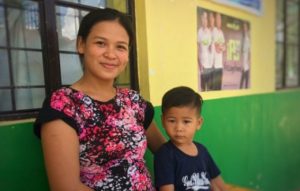 UNFPA – Health, respect and opportunity: advancing the Rights of Indigenous Women in the Philippines
UNFPA – Health, respect and opportunity: advancing the Rights of Indigenous Women in the Philippines
Gilian Albios, from the Dibabawon tribe, looks forward to a far safer birth experience this time around.
Montevista, Philippines – For too long, childbirth was a lottery of life and death for many indigenous women in the southern island of Mindanao. For a majority of the island’s 18 indigenous groups, pre-natal checks involved rituals of smoke, fire and prayer to ward off evil spirits, and with most babies being born at home without trained midwives on hand, mothers would hope and pray for no complications.
“Giving birth was scary,” recounts Gillian Albios, 25, from the Dibabawon indigenous group in the mountain village of Camansi, who is now five months pregnant with her second child.
 Welcome to the United Nations
Welcome to the United Nations